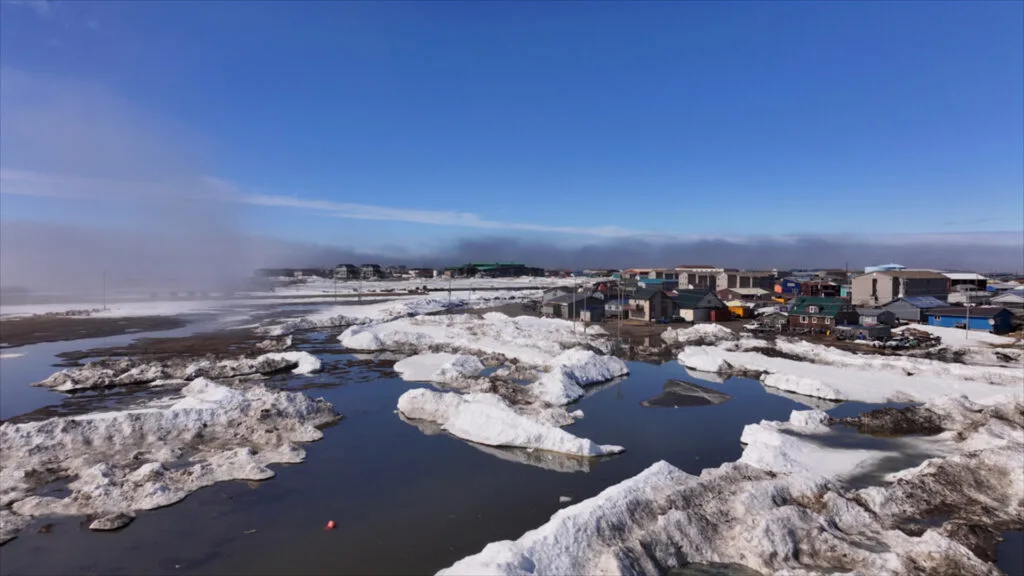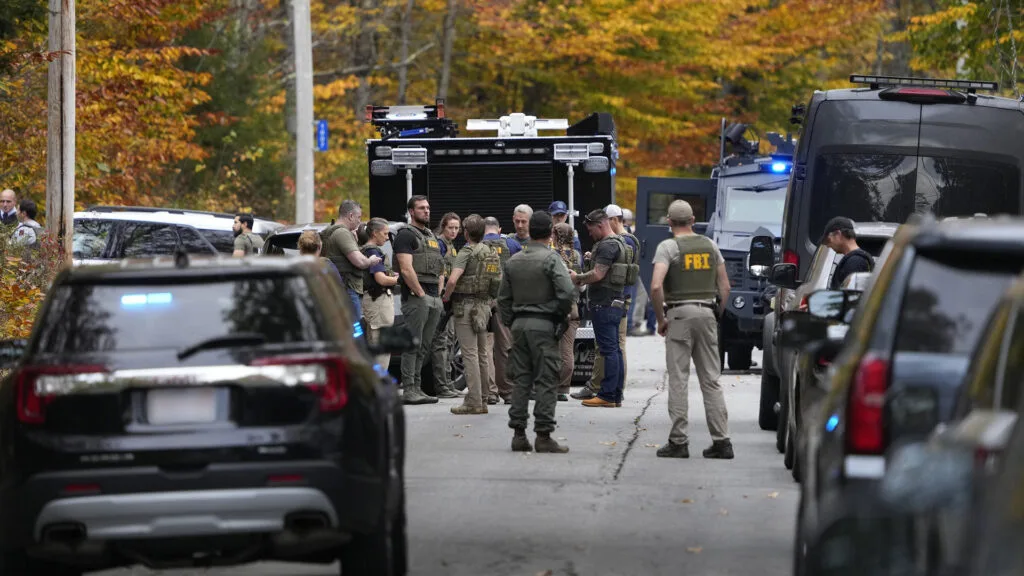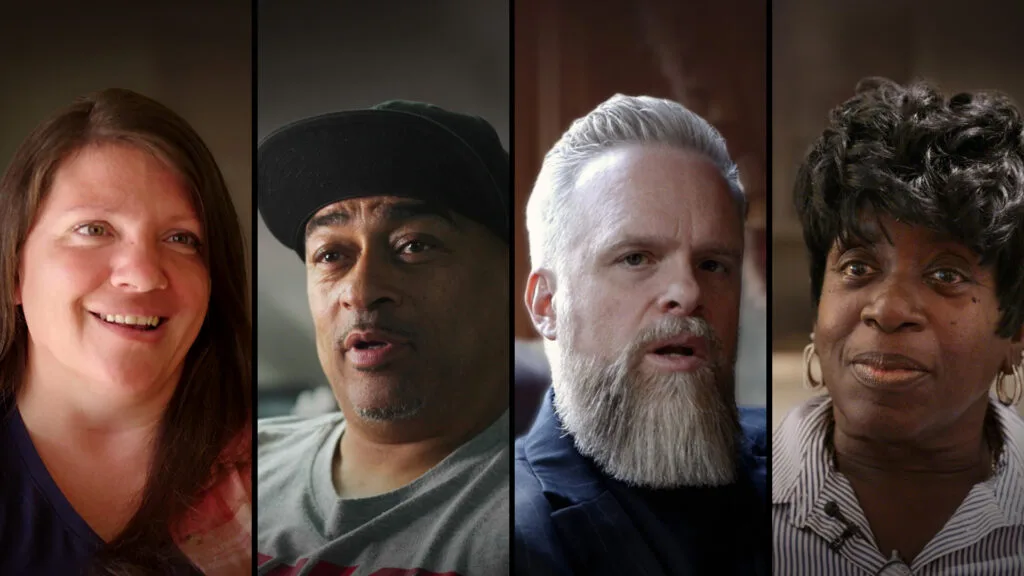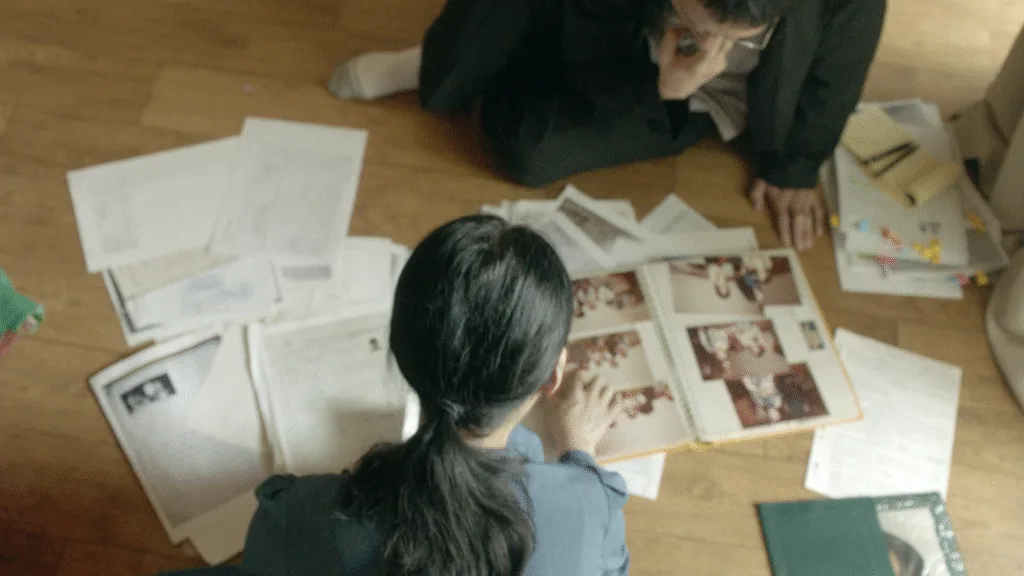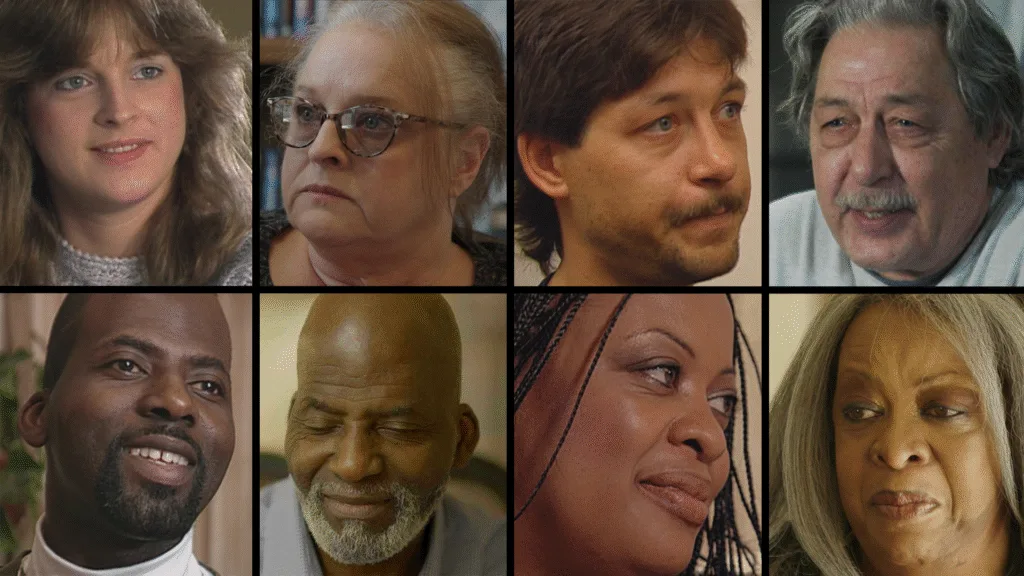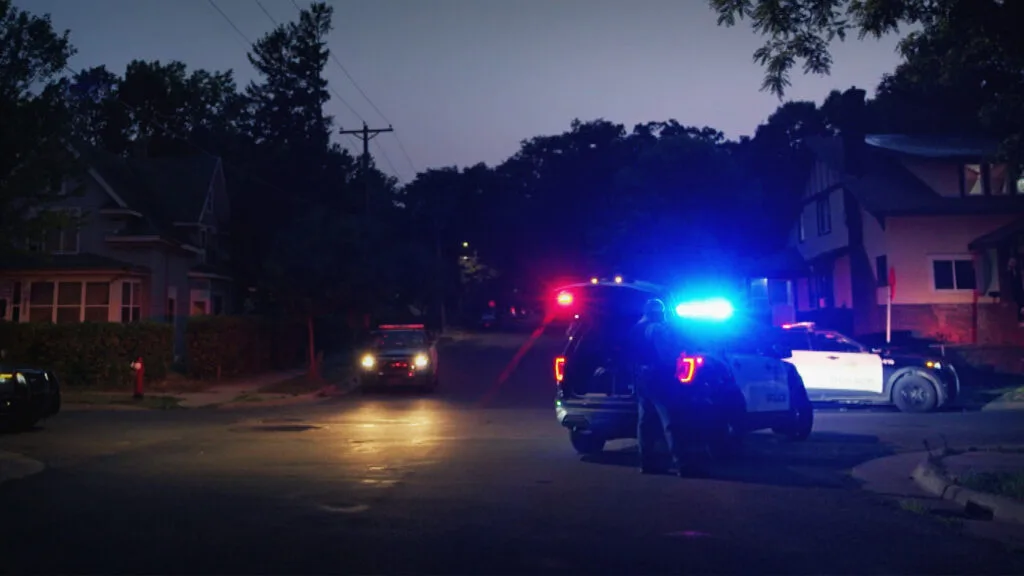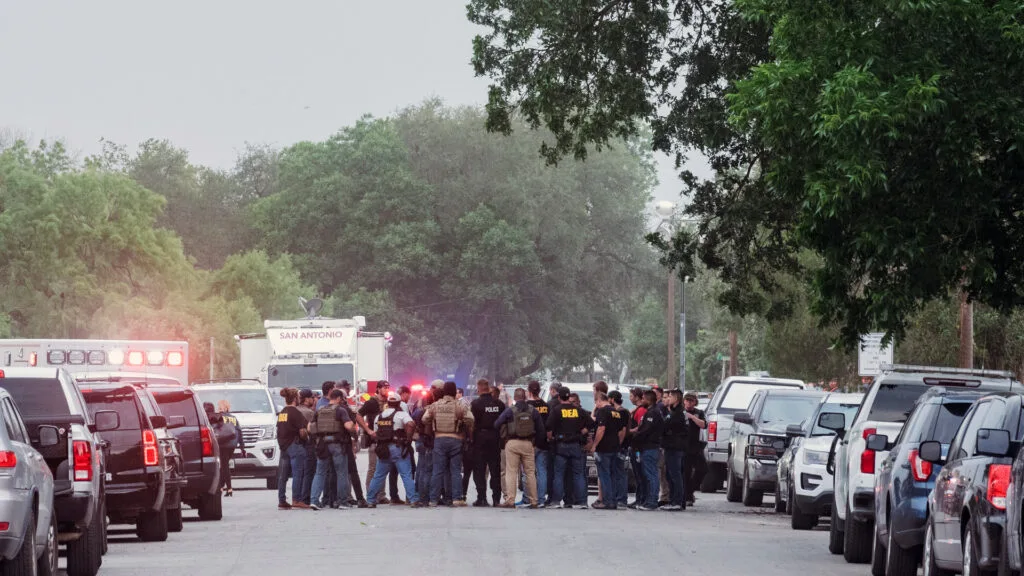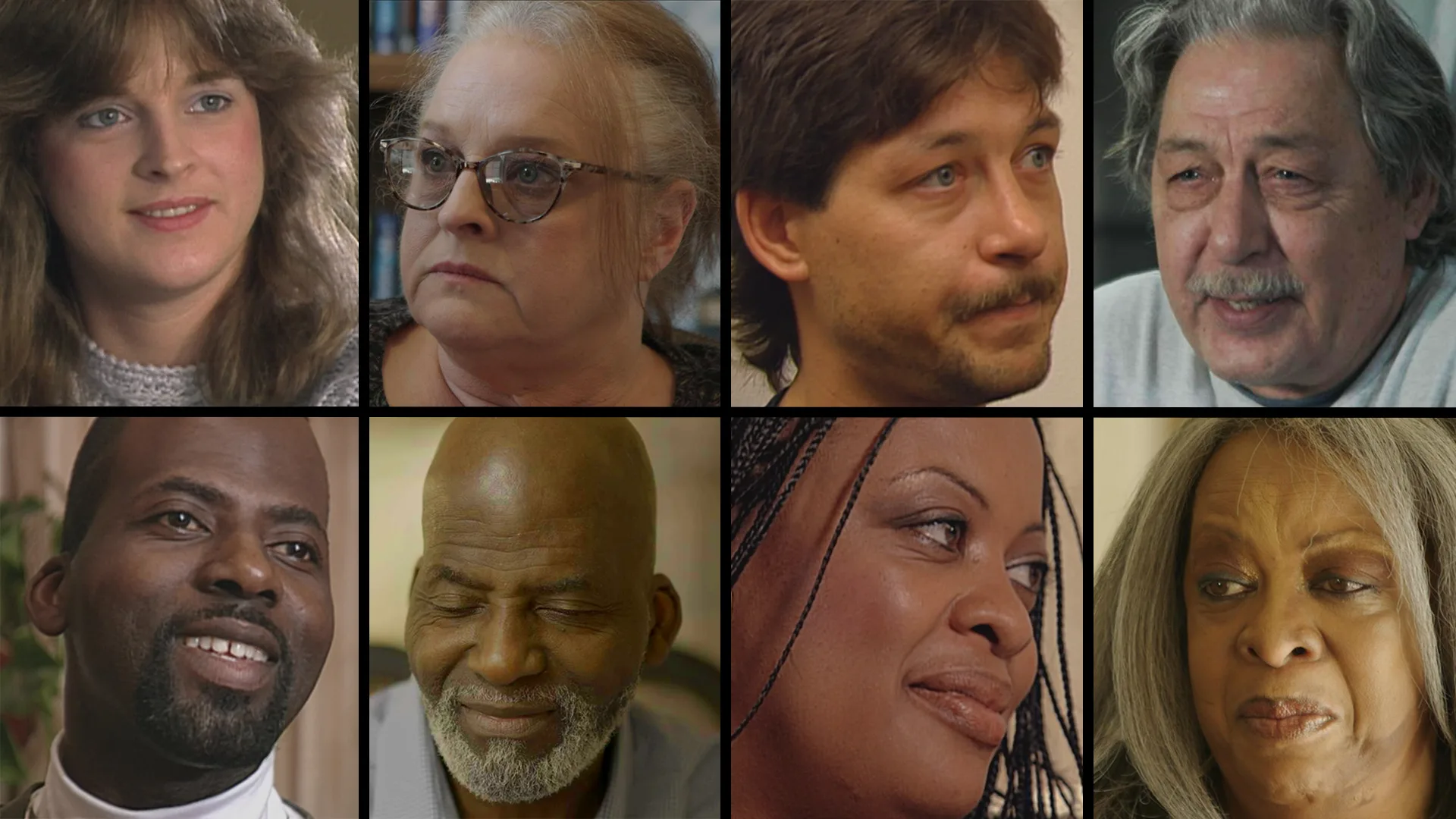‘A Heart So Vast It Could Hold a City’: Jackie Stanley of ‘Two American Families’ Dies at 70
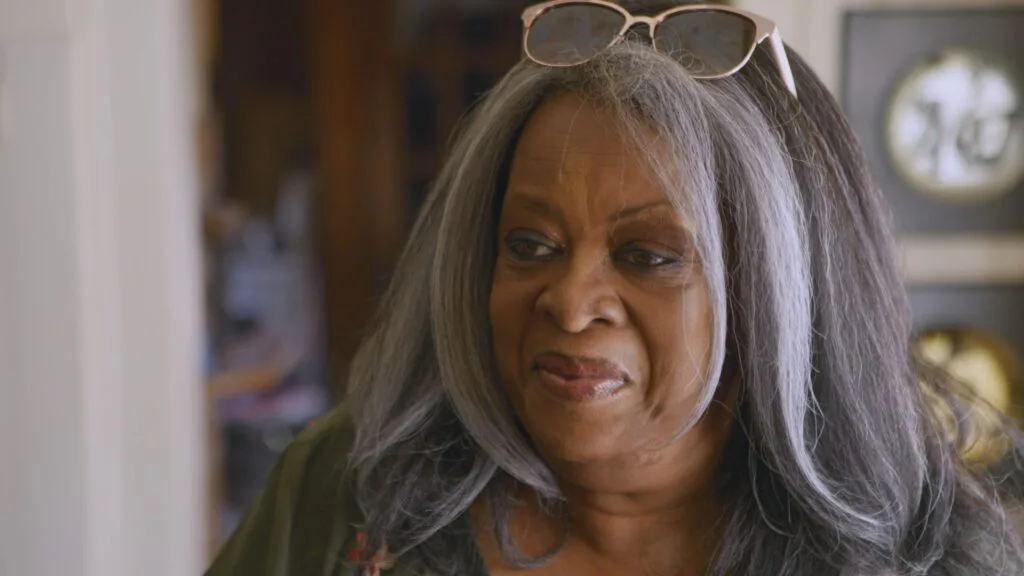
June 17, 2025
Share
Jackie Stanley, whose tenacity and devotion to her family inspired public media audiences for decades in FRONTLINE’s Two American Families documentary series, died on June 3, 2025, at the age of 70.
In an obituary, Stanley’s family described her life as “a living testament — to unshakable faith in God, dedicated love, and a heart so vast it could hold a city.”
That heart was on display in the seminal documentary series from correspondent Bill Moyers and filmmakers Tom Casciato and Kathleen Hughes that, for more than 30 years, has chronicled two families in Milwaukee, Wisconsin navigating a changing U.S. economy and finding it increasingly difficult to achieve the American dream.
When Moyers, Casciato and Hughes first began filming in 1991, the families — one Black, the Stanleys, and one white, the Neumanns — had young kids, and the economy was in the midst of a seismic shift. Both families’ breadwinners had recently lost well-paying, union manufacturing jobs, and each household was struggling to adapt to a new, service economy where part-time, lower-wage work was all many people could get. The series, which includes five installations so far, has followed their fortunes ever since, culminating most recently in last year’s Emmy-nominated Two American Families: 1991-2024.
Throughout it all, Jackie Stanley stood firm in the face of economic adversity.
“There’s something that I always say … ‘So a man thinketh, so is he,’” she said. “If I think poverty all the time, I’ll act that way. I can’t afford to talk negative and then allow my children to see me that way, down or depressed.”
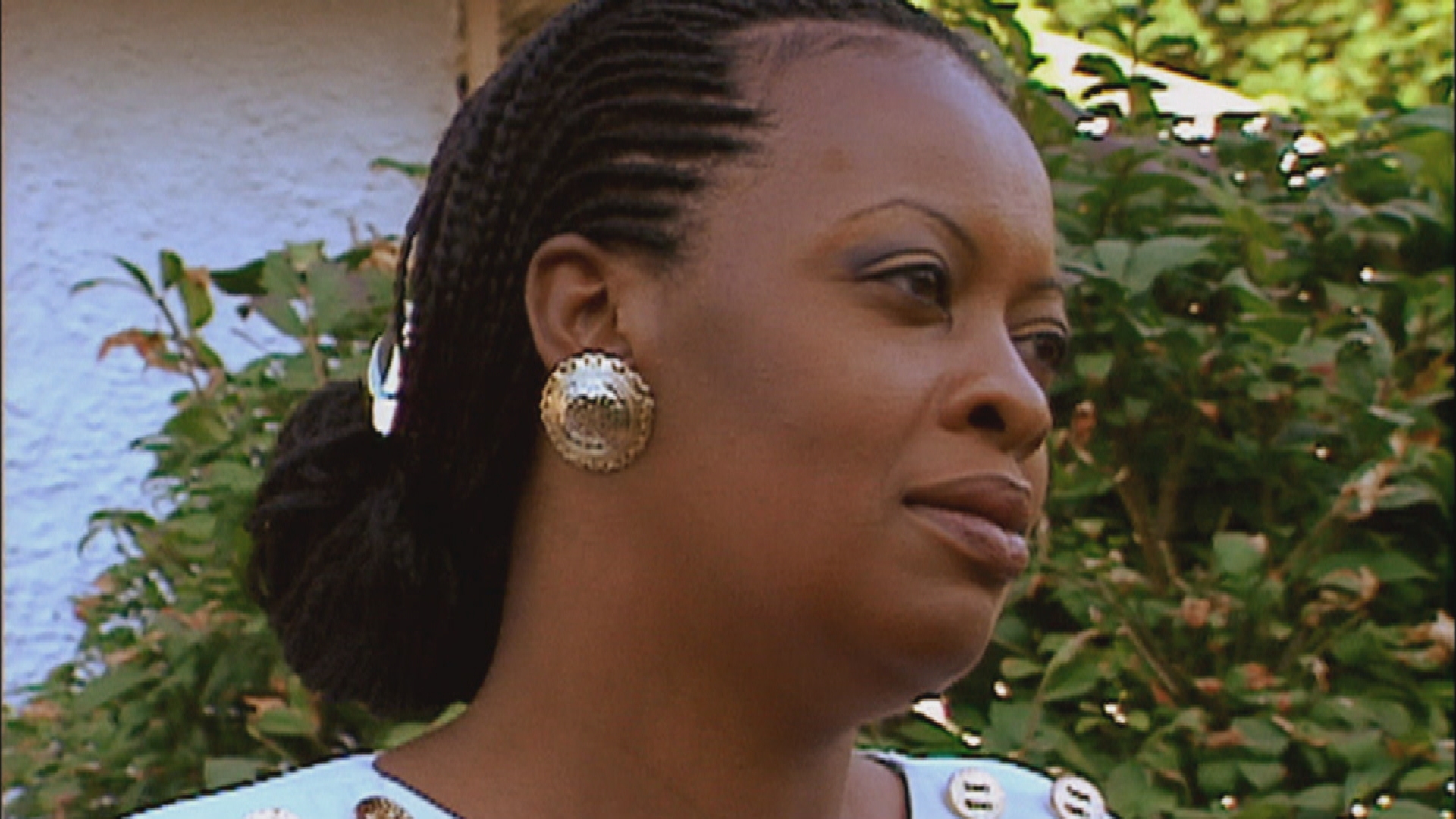
It was a determination shared by her husband, Claude. The duo looked to “each other for our strength,” he said, and “we just keep holding on,” Jackie said.
As the films chronicled, Jackie pursued a real estate career for decades following her and Claude’s layoffs, helping to keep the family afloat despite barriers her colleague attributed to racism that kept her from selling in more affluent neighborhoods where commissions were higher. Even at 70, she was still working as a real estate agent, active in church, and volunteering in the community despite dealing with health issues including diabetes and congestive heart failure.
“I’m not giving up,” Stanley said in Two American Families: 1991-2024.
Jackie’s love for her children — “Look at those five kids now. I’m beyond proud,” she said in the 2024 film — and her husband of more than 40 years has been a primary thread throughout the series.
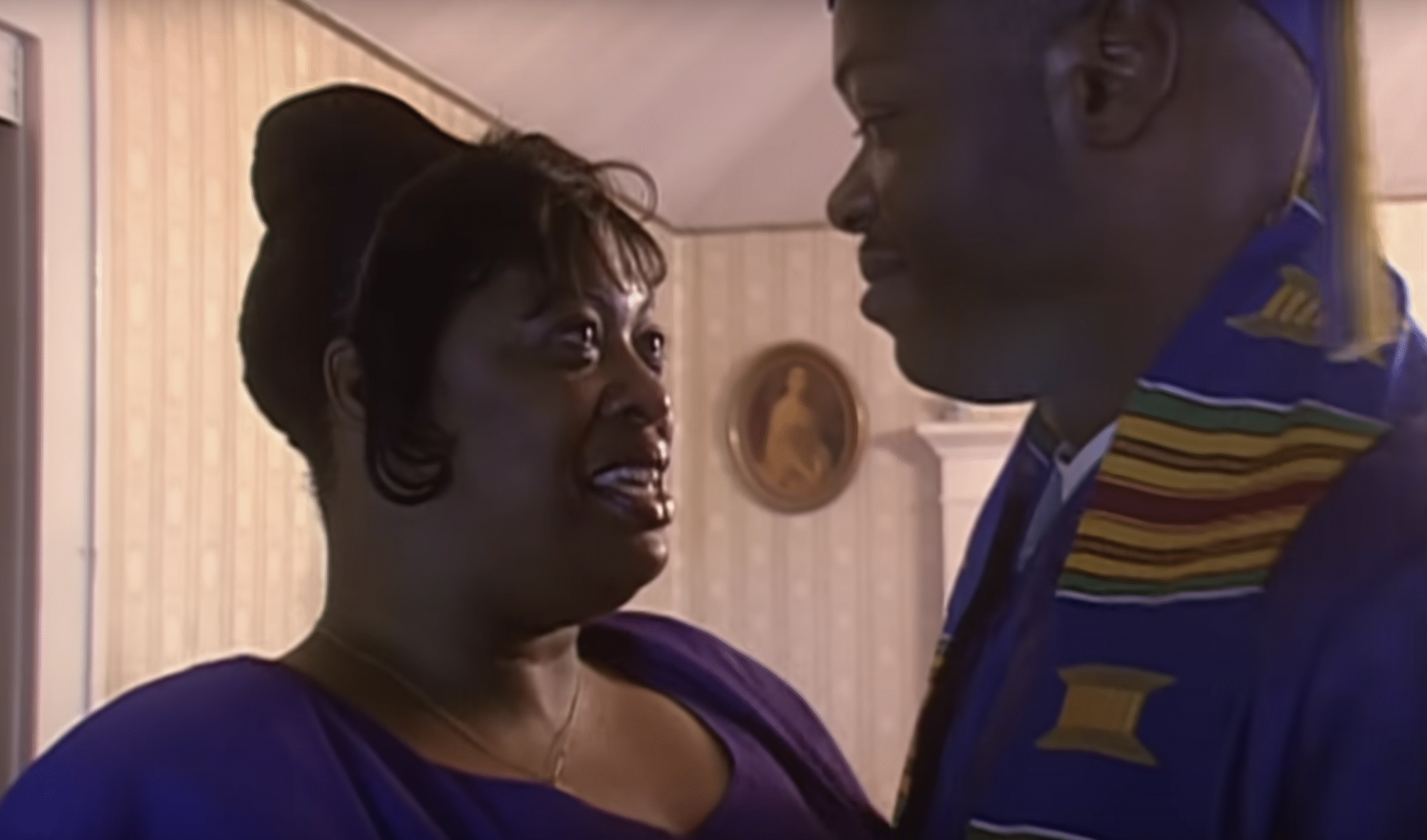
“The Stanleys’ marriage is really something to see,” Casciato told The FRONTLINE Dispatch podcast last year. “They have deep religious faith, deep faith in each other. And along with everything else, I think there’s a bit of a love story in this film.”
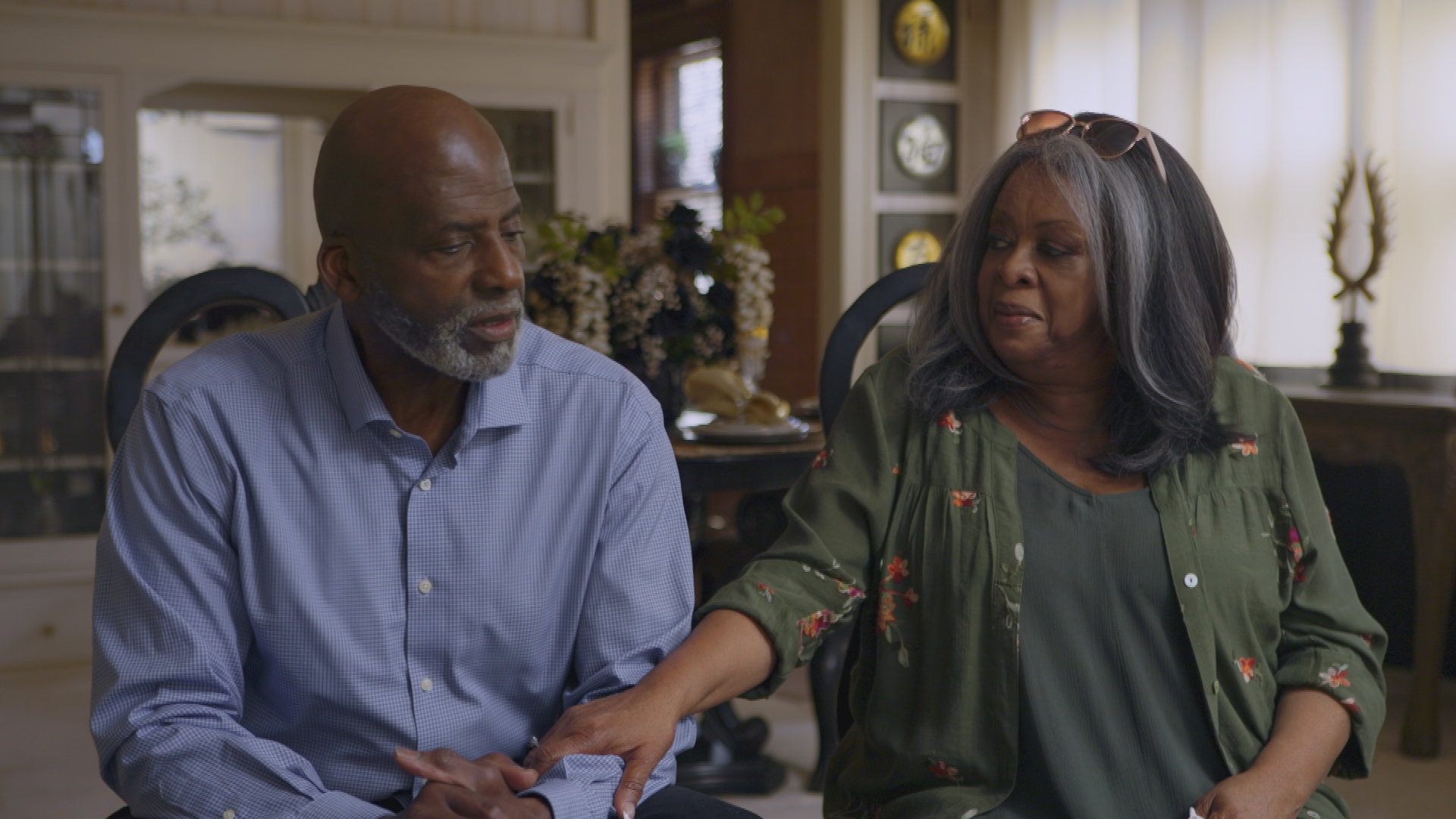
The 2024 film was the fifth installment in a series of PBS documentaries following the Stanleys and Neumanns that began in 1992 with Minimum Wages: The New Economy, and continued with a 1995 collaboration with FRONTLINE called Living on the Edge, a 2000 PBS special called Surviving the Good Times and the 2013 FRONTLINE documentary Two American Families. The New Yorker wrote that the latter film would “take its place among the central documents of our time,” and The New York Times said the 2024 film was “a knockout documentary.”
The documentaries showed how both families refused to stop striving for financial stability, across six presidential administrations.
“The Neumanns and the Stanleys just kept working,” Moyers said on the FRONTLINE Dispatch podcast. “If anybody ever asked me, ‘What’s this film about?’ or ‘What’s this series of films about?’ You could say that in one sentence: They just kept working. They never felt sorry for themselves. They never stopped trying. They never stopped playing by the rules.”
And Jackie Stanley never stopped serving as a beacon of “unwavering” love, her family said in her obituary.
“Her remarkable love story is far from over,” the obituary says. “It lives on in every life she touched, every soul she comforted, and every heart she helped heal.”
Two American Families: 1991-2024

Related Documentaries
Latest Documentaries
Related Stories
Related Stories
Explore
Policies
Teacher Center
Funding for FRONTLINE is provided through the support of PBS viewers and by the Corporation for Public Broadcasting, with major support from Ford Foundation. Additional funding is provided the Abrams Foundation, Park Foundation, John D. and Catherine T. MacArthur Foundation, Heising-Simons Foundation, and the FRONTLINE Trust, with major support from Jon and Jo Ann Hagler on behalf of the Jon L. Hagler Foundation, and additional support from Koo and Patricia Yuen. FRONTLINE is a registered trademark of WGBH Educational Foundation. Web Site Copyright ©1995-2025 WGBH Educational Foundation. PBS is a 501(c)(3) not-for-profit organization.

